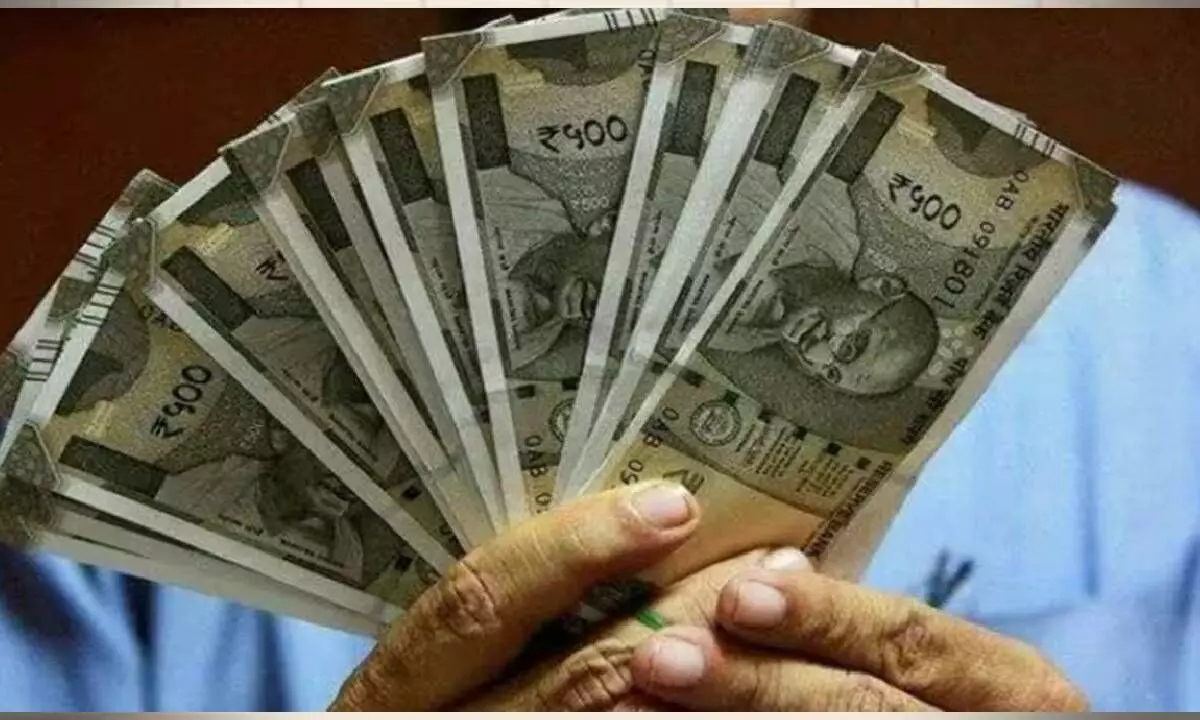Going forward, fiscal consolidation targets will make public capex growth seen in past few years unsustainable: Goldman Sachs
The increase in public capex has helped the country by way of an uptick in real investment trend growth, the brokerage said
image for illustrative purpose

Mumbai: Fiscal consolidation commitments will make the growth in public capital expenditure witnessed in the past few years unsustainable going forward, an American brokerage said on Monday.
The private sector will have to play a more prominent role to offset the same. Corporate sector balance sheets are deleveraged and banks are also well-capitalised to aid such an eventuality, Goldman Sachs said in a note. "Given the medium term fiscal consolidation path -- the central government intends to reduce its fiscal deficit by almost 1.5 per cent of GDP over the next two years -- public capex growth rates seen in the past few years cannot be sustained," analysts at the brokerage said.
According to the note, between 1997-2022, corporates and households were responsible for around three-fourth of the investments but the last decade has seen a decline in investments by both the groups. Interestingly, private corporate and household investments together accounted for about 25 per cent of GDP as of 2022, it added. In the last few years, the increase in public capital expenditure has helped the country by way of an uptick in the real investment trend growth, the brokerage said.
In the last three years alone, the central government has increased its capital expenditure by 33 per cent from a compounded annual growth perspective to 3.3 per cent of GDP in FY24, it said, adding that the figure in the ongoing fiscal year is an 18-year-high. The high growth in public capex was made possible by reducing subsidy spending sharply post-pandemic to 1.4 per cent of GDP in FY24 from nearly four per cent of GDP in FY21, as per the note.
The government's spending on subsidy and transfer payments is likely to grow by 0.3 per cent of GDP in FY24 from the budget estimates to absorb food and oil supply shocks, the brokerage said. Further, Goldman Sachs said the government, which has budgeted for the fiscal deficit to come at 5.9 per cent in FY24, has committed to get the crucial number down to 4.5 per cent of GDP in FY26. "With subsidies already near the pre-pandemic lows, it is likely that a cut in public capex will have to share the burden of fiscal consolidation, among a reduction in other current expenditure, and likely some improvement in tax receipts. In other words, the growth in government capex seen in the past few years cannot be sustained going forward," the brokerage said.

